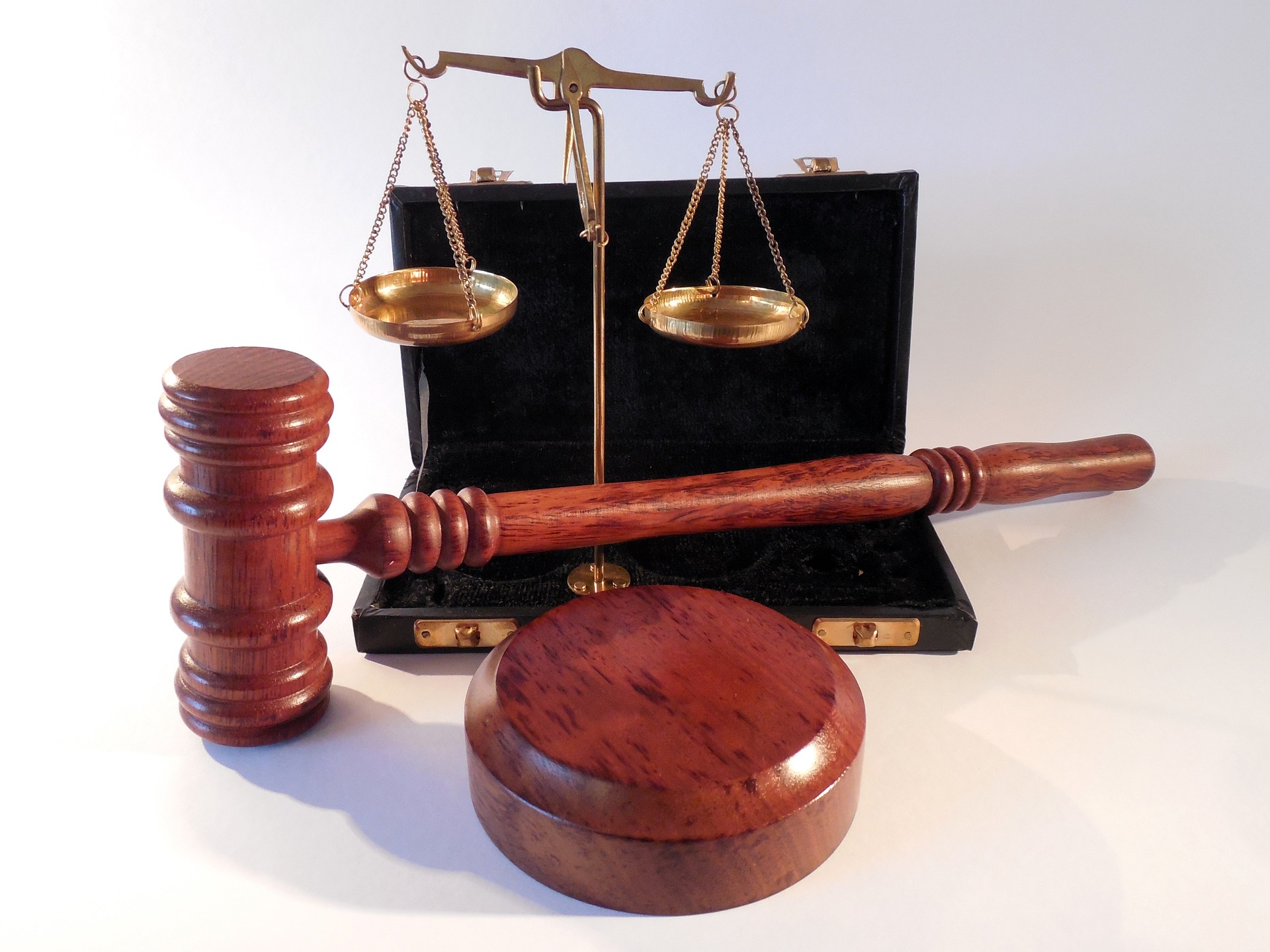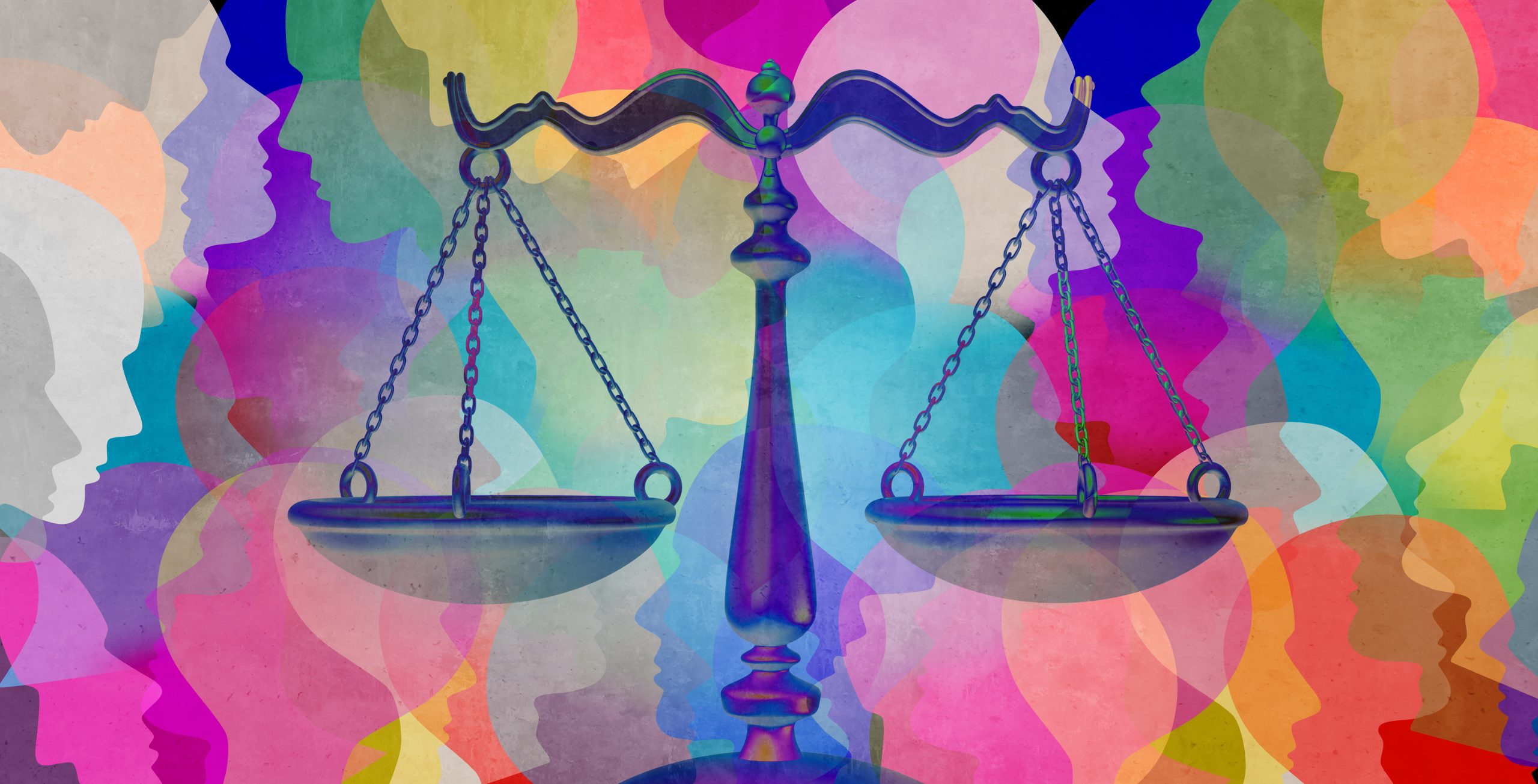Legal Studies
Unit 1

Unit 1: The Presumption of Innocence
Overview
Laws, including criminal law, aim to achieve social cohesion and protect the rights of individuals. Criminal law is aimed at maintaining social order. When a criminal law is broken, a crime is committed which is punishable and can result in criminal charges and sanctions.
In this unit, students develop an understanding of legal foundations, such as the different types and sources of law, the characteristics of an effective law, and an overview of parliament and the courts. Students are introduced to and apply the principles of justice. They investigate key concepts of criminal law and apply these to actual and/or hypothetical scenarios to determine whether an accused may be found guilty of a crime. In doing this, students develop an appreciation of the manner in which legal principles and information are used in making reasoned judgments and conclusions about the culpability of an accused. Students also develop an appreciation of how a criminal case is determined, and the types and purposes of sanctions. Students apply their understanding of how criminal cases are resolved and the effectiveness of sanctions through consideration of recent criminal cases from the past four years.
Areas of assessment
- Legal foundations
- Proving guilt
- Sanctions
Unit Prerequisites
N/A
Download > VCE Legal Studies Study Design
Unit Assessment
Suitable tasks for assessment in this unit may be selected from the following:
- Folio of exercises
- Structured questions
- Report
Pathways
Crime, justice and legal studies trains you for careers in a range of fields including community services, social welfare, human rights, criminal justice and legal education. It prepares you to work in both government and non-government sectors, in advocacy, policy evaluation, policy development and research. Some other roles could include correctional officer, police officer, investigator, detective, solicitor or barrister.
Legal Studies
Unit 2

Unit 2: Wrongs and rights
Overview
Civil law aims to protect the rights of individuals. When rights are infringed, a dispute may arise requiring resolution, and remedies may be awarded. In this unit, students investigate key concepts of civil law and apply these to actual and/or hypothetical scenarios to determine whether a party is liable in a civil dispute. Students explore different areas of civil law, and the methods and institutions that may be used to resolve a civil dispute and provide remedies. They apply knowledge through an investigation of civil cases from the past four years. Students also develop an understanding of how human rights are protected in Australia and possible reforms to the protection of rights, and investigate a contemporary human rights issue in Australia, with a specific focus on one case study.
Areas of study:
- Civil liability
- Remedies
- Human rights
Unit Prerequisites
N/A
Download > VCE Legal Studies Study Design
Unit Assessment
Suitable tasks for assessment in this unit may be selected from the following:
- folio of exercises
- structured questions
- report
Pathways
Crime, justice and legal studies trains you for careers in a range of fields including community services, social welfare, human rights, criminal justice and legal education. It prepares you to work in both government and non-government sectors, in advocacy, policy evaluation, policy development and research. Some other roles could include correctional officer, police officer, investigator, detective, solicitor or barrister.
Legal Studies
Unit 3+4

Overview
The Victorian justice system, which includes the criminal and civil justice systems, aims to protect the rights of individuals and uphold the principles of justice: fairness, equality and access. In Unit 3, students examine the methods and institutions in the criminal and civil justice system, and consider their appropriateness in determining criminal cases and resolving civil disputes. Students consider the Magistrates’ Court, County Court and Supreme Court within the Victorian court hierarchy, as well as other means and institutions used to determine and resolve cases.
Students explore topics such as the rights available to an accused and to victims in the criminal justice system, the roles of the judge, jury, legal practitioners and the parties, and the ability of sanctions and remedies to achieve their purposes. Students investigate the extent to which the principles of justice are upheld in the justice system. Throughout this unit, students apply legal reasoning and information to actual and/or hypothetical scenarios.
The study of Australia’s laws and legal system includes an understanding of institutions that make and reform our laws. In Unit 4, students explore how the Australian Constitution establishes the law-making powers of the Commonwealth and state parliaments, and how it protects the Australian people through structures that act as a check on parliament in law-making. Students develop an understanding of the significance of the High Court in protecting and interpreting the Australian Constitution. They investigate parliament and the courts, and the relationship between the two in law-making, and consider the roles of the individual, the media and law reform bodies in influencing changes to the law, and past and future constitutional reform. Throughout this unit, students apply legal reasoning and information to actual and/or hypothetical scenarios.
Areas of study
- The Victorian criminal justice system
- The Victorian civil justice system
- The people and the law-makers
- The people and reform
Unit Prerequisites
N/A
Download > VCE Legal Studies Study Design
Unit Assessment
- Unit 3 school assessed coursework (SACs) 25%
- Unit 4 school assessed coursework (SACs) 25%
- Units 3 & 4 examination 50%
The student’s performance on each outcome will be assessed using one or more of the following:
- a case study
- structured questions
- a report in written format
- a folio of exercises
Pathways
Crime, justice and legal studies trains you for careers in a range of fields including community services, social welfare, human rights, criminal justice and legal education. It prepares you to work in both government and non-government sectors, in advocacy, policy evaluation, policy development and research. Some other roles could include correctional officer, police officer, investigator, detective, solicitor or barrister.

